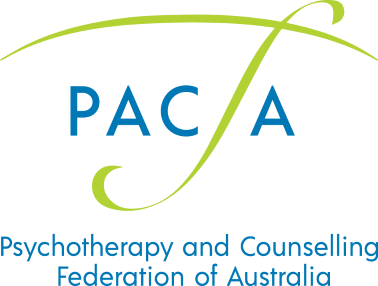Latest Articles
-
Between the Desire of Being ‘Right’ and the Desire of ‘Sight’: A Phenomenological Reflection- Part II & III
Part II Let’s linger for a moment with this subtle though piercing fear embedded in curiosity. I am not pointing to the terror of facing the unknown Other, the unknown terrains of wilderness out there, but rather an encounter with an unsettling beast of our own in here! Discovery does…
-
Between the Desire of Being ‘Right’ and the Desire of ‘Sight’: A Phenomenological Reflection
There is a constant force within us—something like a pull, an inclination alluring us toward the land spread beyond the bridge, a land concealed by a thick velvet haze. This is not the familiar terrain that has already been braved, judged, and settled as home; rather, the veiled place across…
-
What becomes of us witnessing humanity in the state of bare life?
It starts with an absolute apprehension. As the event unfolds, the apprehension matures into anger, dread, gloom, blame, rage, grief, and a devastating turmoil that drains every drop of hope for a resolution: a Kafkaesque state of being. The relentless absurdity of life serves as a sardonic reminder, mocking the…
-

Episode 10 is available: Philosophers in the Therapy Room
The 10th episode of the ‘Philosophers in the Therapy Room’ podcast is available. Listen through this link: https://open.spotify.com/episode/46oduN9OkdwkrxMbxgdwqb?si=zUCgu9c-QYeZIZt0QB6Y9w











